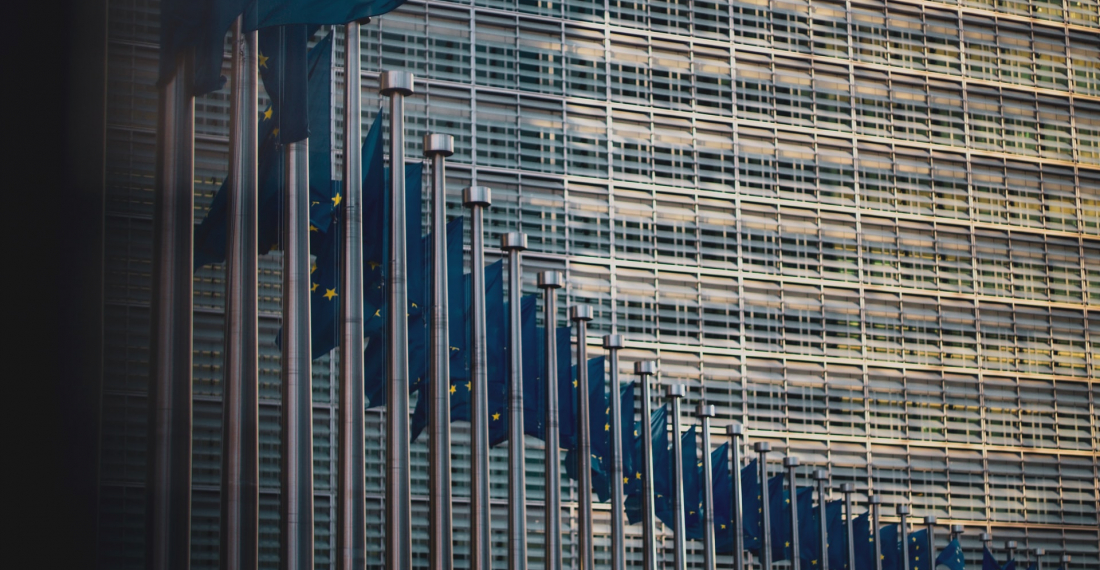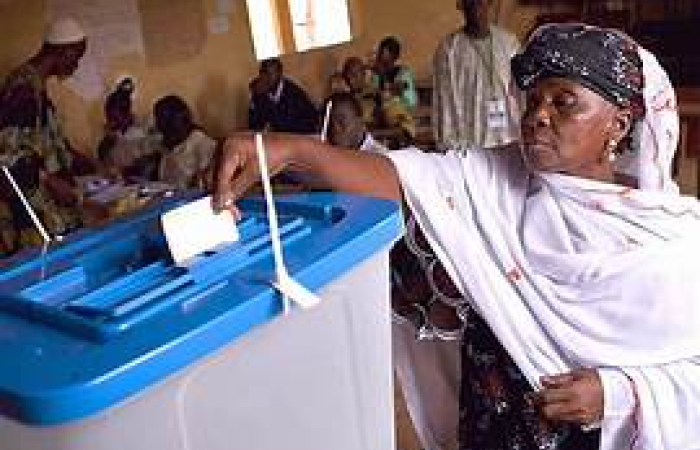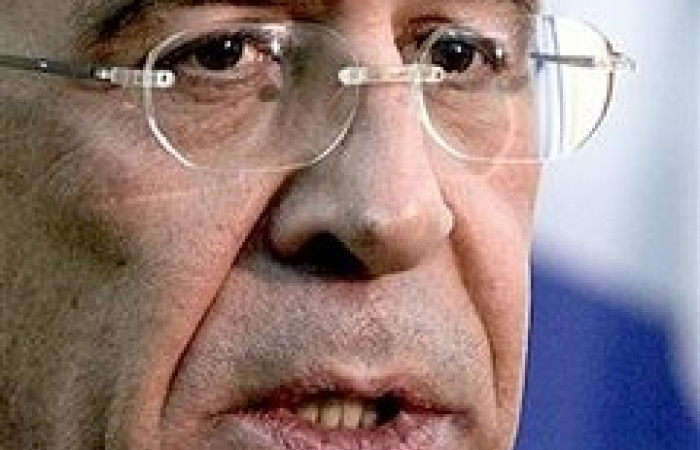The European Commission will announce on Wednesday (1 December) a new strategy to invest billions of euros in infrastructure and other projects in developing countries worldwide. Observers say the plan, called 'Global Gateway', is the European Union's response to China's growing economic and political influence in countries in Asia and Africa, among others.
According to a draft proposal from the Commission, seen by international media agencies, until 2027 about 300 billion euros ($340 billion) should be made available to finance European infrastructure and other projects abroad, such as roads and internet connections. The focus is on transport and green energy, but health and education development will also be considered, through favourable loans and guarantees.
The European initiative is intended to compete with the so-called New Silk Road, China's strategy to bind countries in Asia, Africa and Latin America with billions in investments in the construction of ports, airports and railways, among other things. This approach is now known worldwide as the Belt and Road Initiative (BRI).
Without mentioning the Chinese BRI initiative by name, the Commission states that 'Global Gateway' must constitute an alternative with democratic values. The President of the European Commission, Ursula von der Leyen, first announced the plan in September during her annual 'State of the Union' address to the European Parliament.






